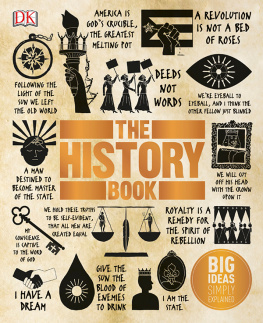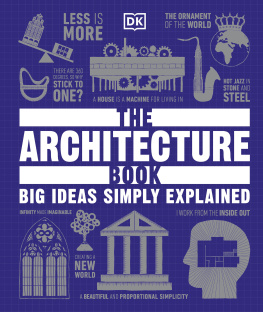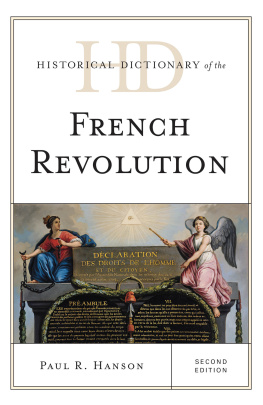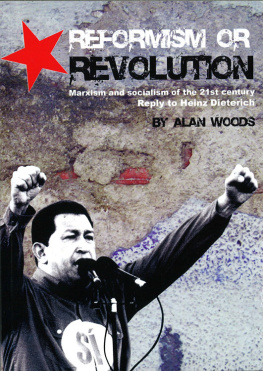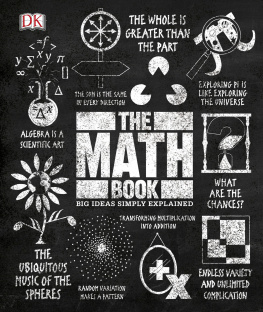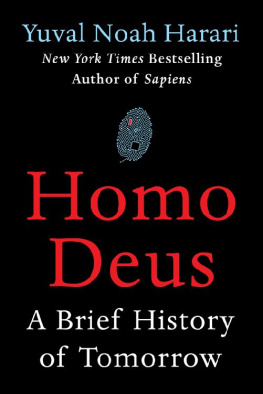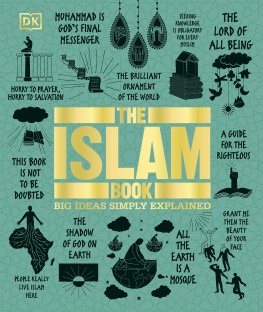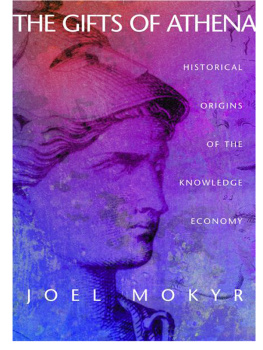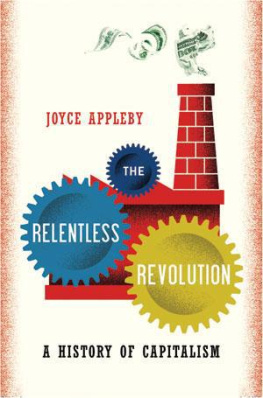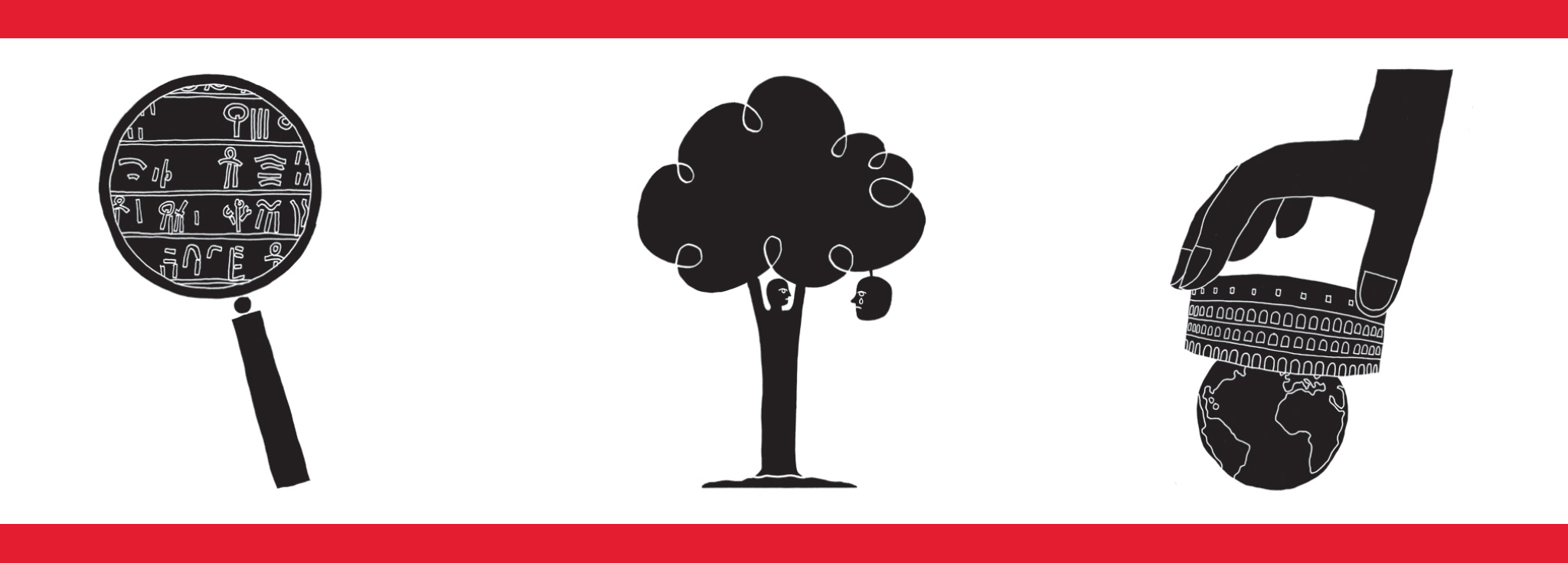DK London
Project Editors Alexandra Beeden, SamKennedy
Senior Editor Victoria Heyworth-Dunne
Editorial Assistant Kate Taylor
Project Art Editor Katie Cavanagh
Designer Vanessa Hamilton
Design Assistant Renata Latipova
Managing Art Editor Lee Griffiths
Managing Editor Gareth Jones
Art Director Karen Self
Associate Publishing Director Liz Wheeler
Publishing Director Jonathan Metcalf
Jacket Designer Natalie Godwin
Jacket Editor Claire Gell
Jacket Design Development Manager Sophia MTT
Producer, Pre-Production Robert Dunn
Senior Producer Mandy Inness
Illustrations James Graham, Vanessa Hamilton
DK Delhi
Editors Deeksha Miglani, Neha Samuel
Art Editor Kshitiz Dobhal
Picture Researchers Aditya Katyal, DeepakNegi
Picture Research Manager Taiyaba Khatoon
Jacket Designer Dhirendra Singh
Senior DTP Designer Harish Aggarwal
Managing Jackets Editor Saloni Singh
Co-produced with
SANDS PUBLISHING SOLUTIONS
4 JENNER WAY, ECCLES,
AYLESFORD, KENT ME20 7SQ
Editorial Partners David and Sylvia Tombesi-Walton
Design Partner Simon Murrell
original styling by
STUDIO8 DESIGN
DK Digital Publishing Team
Senior Digital Producer Miguel Cunha
Head of Digital Operations, Delhi Manjari Hooda
Senior Editorial Manager Lakshmi Rao
Assistant Producer Suruchi Kakkar
Software Engineer Rachana Ravindran
AV Media Manager Nain Rawat
Operations Assistant Tauhid Nasir
First published in Great Britain in 2016 by Dorling Kindersley Limited, 80 Strand,London, WC2R 0RL Penguin Group (UK)
Copyright 2016 Dorling Kindersley Limited
All rights reserved. No part of this publication may be reproduced, stored in aretrieval system, or transmitted in any form or by any means, electronic,mechanical, photocopying, recording, or otherwise, without the prior writtenpermission of the copyright owner.
A CIP catalogue record for this book is available from the British Library.
ISBN: 9780241225929
This digital edition published 2016 - ISBN: 9780241285411
A WORLD OF IDEAS:
SEE ALL THERE IS TO KNOW
www.dk.com
INTRODUCTION
The ultimate aim of history is human self-knowledge. In the words of20th-century historian R G Collingwood: The value of history is that it teachesus what man has done and thus what man is. We cannot hope to understand ourlives without it.
History itself has a history. From earliest times, all societies literate orpre-literate told stories about their origins or their past, usuallyimaginative tales centring around the acts of gods and heroes. The first literatecivilizations also kept records of the actions of their rulers, inscribed on claytablets or on the walls of palaces and temples. But at first these ancient societiesmade no attempt at a systematic enquiry into the truth of the past; they did notdifferentiate between what had really happened and the events manifest in myth andlegend.
"Those who cannot remember the past are condemned to repeat it."
George Santayana
The Life of Reason (1905)
Ancient historical narrative
It was the Ancient Greek writers Herodotus and Thucydides in the 5th centuryBCE who first explored questions about the past through the collection andinterpretation of evidence the word history, first usedby Herodotus, means enquiry in Greek. Herodotuss workstill contained a considerable mixture of myth, but Thucydides accountof the Peloponnesian War satisfies most criteria of modern historical study. Itwas based on interviews with eyewitnesses of the conflict and attributed eventsto human agency rather than the intervention and actions of the gods.
Thucydides had invented one of the most durable forms of history: the detailednarrative of war and political conflict, diplomacy and decision-making. Thesubsequent rise of Rome to dominance of the Mediterranean world encouragedhistorians to develop another genre of broader scope: the account of howwe got to where we are today. The Hellenic historian Polybius(200118 BCE) and the Roman historian Livy (59 BCE17 CE) bothsought to create a narrative of the rise of Rome a bigpicture that would help to make sense of events on a large timescale.Although restricted to the Roman world, this was the beginning of what issometimes called universal history, which attempts to describeprogress from earliest origins to the present as a story with a goal, giving thepast apparent purpose and direction.
At the same period in China, historian Sima Qian (c.14586 BCE) wassimilarly tracing Chinese history over thousands of years, from the legendaryYellow Emperor (c.2697 BCE) to the Han dynasty under Emperor Wu (c.109BCE).
Moral lessons
As well as making sense of events through narratives, historians in theancient world established the tradition of history as a source of moral lessonsand reflections. The history writing of Livy or Tacitus (56117 CE), forinstance, was in part designed to examine the behaviour of heroes and villains,meditating on the strengths and weaknesses in the characters of emperors andgenerals, providing exemplars for the virtuous to imitate or shun. Thiscontinues to be one of the functions of history. French chronicler JeanFroissart (13371405) said he had written his accounts of chivalrousknights fighting in the Hundred Years War so that brave menshould be inspired thereby to follow such examples. Today, historicalstudies of Lincoln, Churchill, Gandhi, or Martin Luther King, Jr perform thesame function.
The Dark Ages
The rise of Christianity in the late Roman Empire fundamentally changed theconcept of history in Europe. Historical events came to be viewed by Christiansas divine providence, or the working out of Gods will. Sceptical enquiryinto what actually happened was usually neglected, and accounts of miracles andmartyrdoms were generally accepted as true without question. The Muslim world,in this as in other ways, was frequently more sophisticated than Christendom inMedieval times, with the Arab historian Ibn Khaldun (13321406) railingagainst the blind, uncritical acceptance of fanciful accounts of events thatcould not be verified.
Neither Christian nor Muslim historians produced a work on the scale of thechronicle of Chinese history published under the Song dynasty in 1085, whichrecorded Chinese history spanning almost 1,400 years and filled 294volumes.
Renaissance Humanism
Whatever the undoubted merits of other civilizations traditions ofhistory writing, it was in Western Europe that modern historiography evolved.The Renaissance which began in Italy in the 15th century, then spreadthroughout Europe, lasting until the end of the 16th century in some areas centred upon the rediscovery of the past. Renaissance thinkers found afertile source of inspiration in classical antiquity, in areas as diverse asarchitecture, philosophy, politics, and military tactics. The humanist scholarsof the Renaissance period declared history one of the principal subjects intheir new educational curriculum, and the antiquary became a familiar figure inelite circles, rummaging among ancient ruins and building up collections of oldcoins and inscriptions. At the same time, the spread of printing made historyavailable to a much wider audience than ever before.

